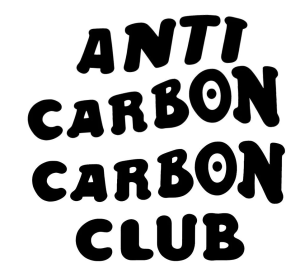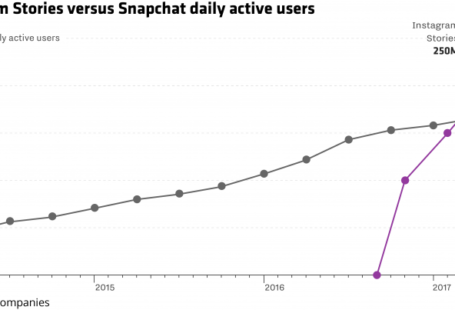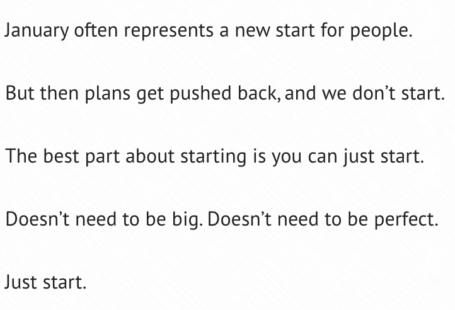In the evolving landscape of corporate carbon practices, there’s a pressing need to shift our approach from mere compliance to engaging consumers in a meaningful dialogue about carbon. As geopolitical dynamics change, with right-wing and climate-hostile politicians increasingly targeting environmental initiatives, the focus on compliance is at greater risk than ever.
The rise of ESG backlash could undermine the entire carbon removal and offset industry. To safeguard and advance our climate goals, it’s imperative to transition to a model that prioritizes consumer incentives, making the carbon conversation not just informative, but rewarding and engaging.
Enter: Anti-Carbon Carbon Club.

The Geopolitical Backdrop
Recent geopolitical shifts highlight the fragility of compliance-based (& voluntary) carbon initiatives. With the rise of climate-hostile politicians, environmental regulations face unprecedented scrutiny and rollback. ESG initiatives, once seen as a corporate responsibility, are now being attacked as unnecessary expenses and at times, fall under ‘woke ideology’.
Critics argue that companies that the money spent on ESG/offsets/insets harm the company’s margins and thus are seen as ideological vs market driven decisions. In this hostile environment, the compliance model is no longer sufficient.
From Compliance to Consumer Engagement
To counter these challenges, we must move beyond compliance checkboxes and embed carbon incentives directly into our products. This approach not only educates consumers but also incentivizes them to participate in the carbon conversation.
By integrating carbon impact information and incentivizing repeat behavior to form habits, we can create a more transparent and engaging product experience that resonates with consumers on a personal level.
The Anti-Carbon Carbon Club represents a radical shift in corporate sustainability, calling on creatives, behavioral economists, and product innovators to transform carbon communication from a compliance task into a compelling consumer conversation. By doing so, we can build a robust and resilient carbon market driven by consumer engagement and incentives, rather than relying solely on compliance and regulatory moods. To achieve this, we need shareholder buy-in within the broader public capital markets to drive the adoption and normalization of carbon insetting and carbon dioxide removal (CDR) initiatives.
This vision aligns with broader trends in consumer behavior, where transparency, authenticity, and impact are increasingly valued. Companies that embrace this shift will not only protect their sustainability initiatives from political and economic pressures but also build stronger, more loyal customer relationships.
Outlines of Anti-Carbon Carbon Club
I’d emulate proven loyalty systems that transcend single entities, such as American Express’s unified rewards programs, combined with the multi-tiered rewards systems of airlines like Emirates, which offer both expendable points (Air Miles) and accumulating loyalty points (Tier Miles) with associated perks. For carbon credits, high-quality and permanent credits could contribute to long-term tier perks, while the credits themselves remain tradable or can be retired. If traded, they should not contribute to the long-term total or loyalty perk accumulation.
Game design principles from role-playing games, where experience and levels are developed, can be modeled to run game theory scenarios for continuous loyalty, whether experiential or product-driven. Ultimately, lessons from credit card programs aiming to incentivize specific behaviors should be applied, but also be open to a collaborative network that encourages top-tier networks to come together.
The underlying loyalty should be universal, while the perks that unlock bonuses can be set at the merchant or bank levels. Major players like Stripe, a leader in the advanced market commitment space, could leverage their network to unlock incentives for approved and verified LCA products by offering lower fees on such products. This same logic could apply to Shopify, another top candidate for such a bold initiative, leveraging network effects for execution.
Conclusion
The future of corporate carbon initiatives lies in our ability to make the carbon conversation rewarding for consumers. As we navigate a challenging geopolitical landscape, it’s essential to pivot from compliance-based models to consumer-driven incentives. The Anti-Carbon Carbon Club is more than just a concept; it’s a movement towards a sustainable future where consumers and companies work together to drive meaningful change. By embedding carbon communication into products and making it a rewarding experience, we can create a powerful force for positive environmental impact.
For now, the Anti-Carbon Carbon Club is a working group I’m running. Reach out if interested to explore this narrative-shifting exercise from compliance to consumer incentives.


